Code
can be
horrible
Code
can be
hard
(but it doesn't have to be)
def filter_word(value, first, last, repeat, r_char):
output = False
value = [ x for x in value ]
first_char, second_char, second_last_char, last_char = value[0], value[1], value[-2], value[-1]
if first_char == first and last_char == last and second_char != last_char and ord(second_last_char) == second_last:
if second_char in vowels and second_char in [ y for x, y in reference.iteritems() ]:
string = []
last = None
for char in value:
if last != None:
if char == last and char not in vowels:
string.append(char)
elif char != last:
string.append(char)
else:
string.append(char)
last = char
if len(string) == len(value):
if repeat:
last = None
for char in value:
if last != None:
if char == last:
output = True
last = char
else:
third_char = value[2]
if ord(third_char) > ord(second_last_char) and ord(second_char) > ord(second_last_char):
output = True
return output
def find_word(values, first, last, length, repeat, r_char):
first, last, output, items, count = reference[first], reference[last], [], [], 0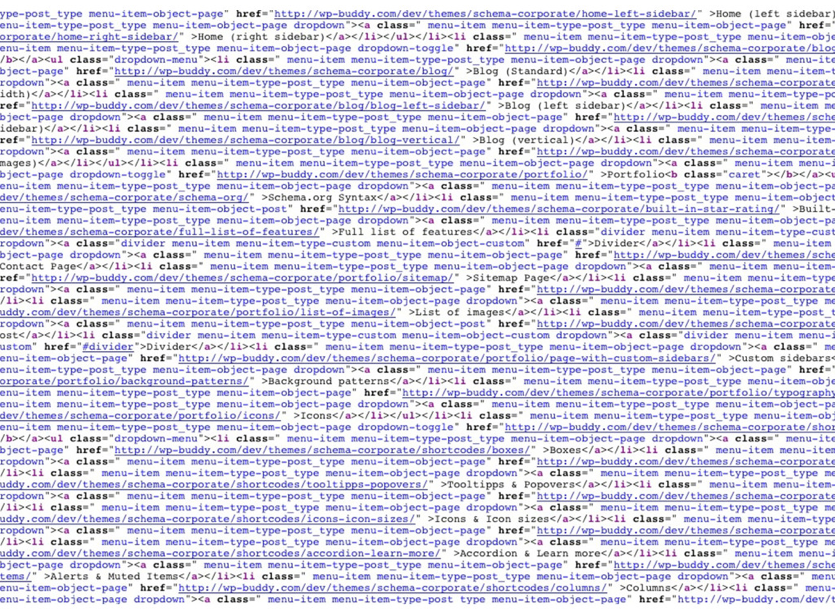
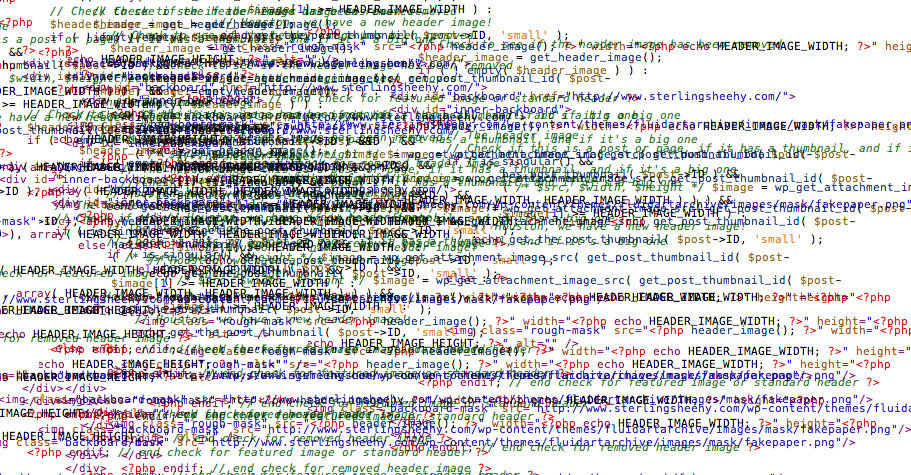
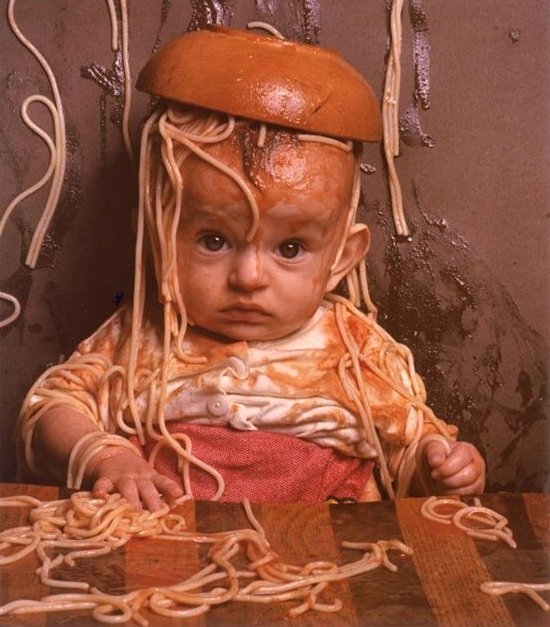
This can make learning very
difficult

So. What can we do?
1. Keep it simple
Which, ironically, is hard
2. Make each thing do one thing
2. Make each thing do one thing well


3. Be organised

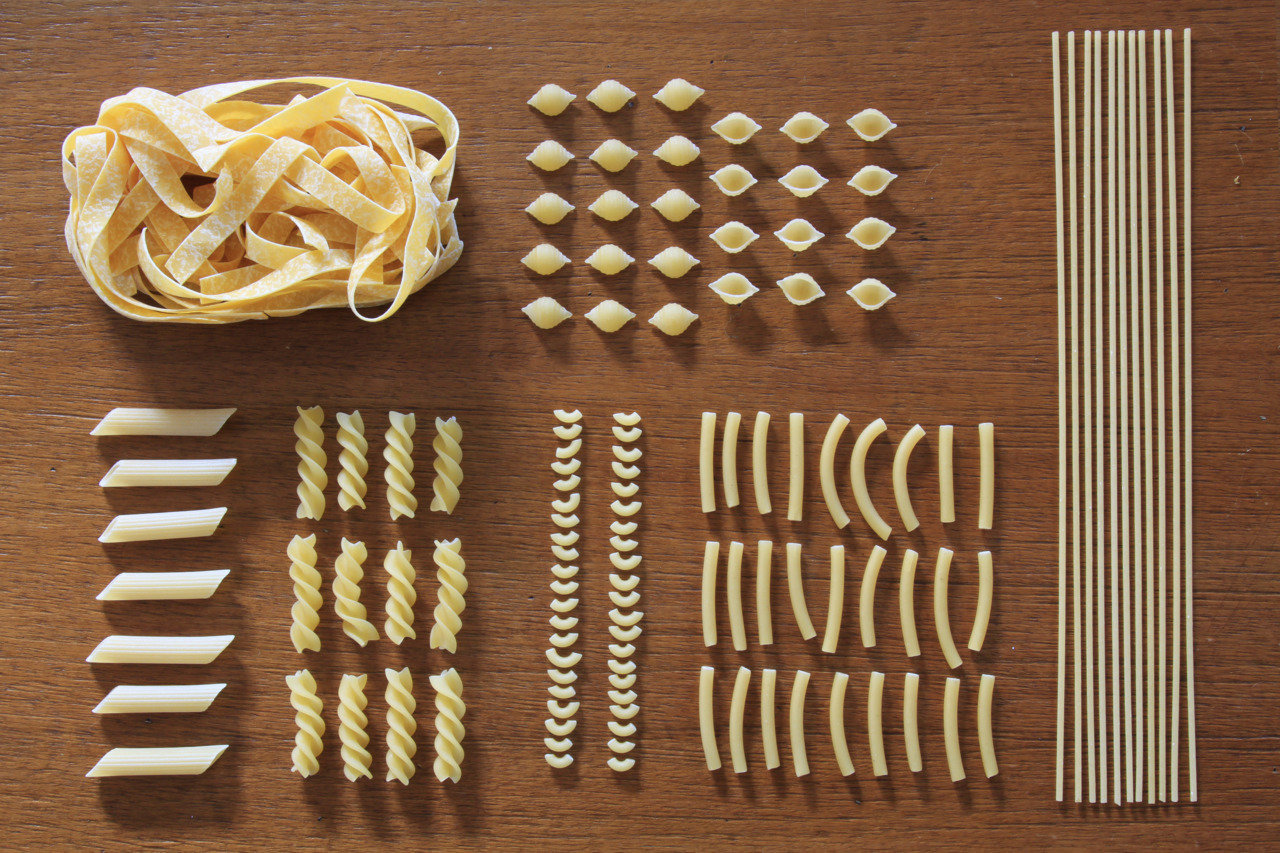
4. Break problems down into small steps


5. Name things clearly

6. Experiment and have fun
You can't permanently break it*
*(unless you're REALLY trying)
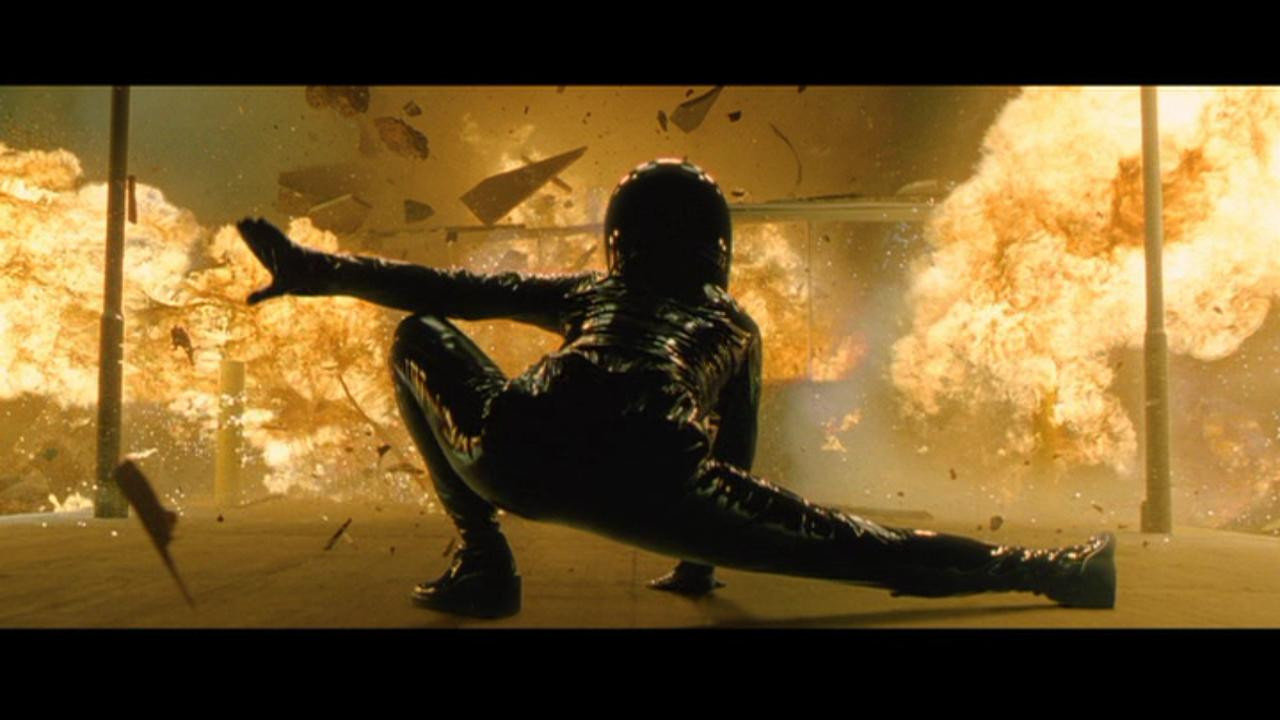
7. Don't be afraid to ask for help
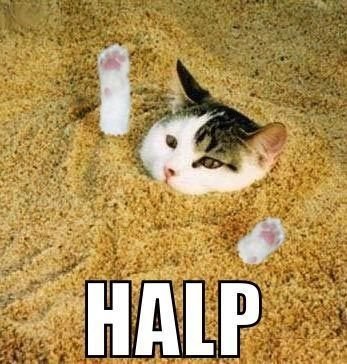
Because even though it's hard, it's awesome

Fin
Codebar talk
By Spike L
Codebar talk
Codebar talk
- 1,177



